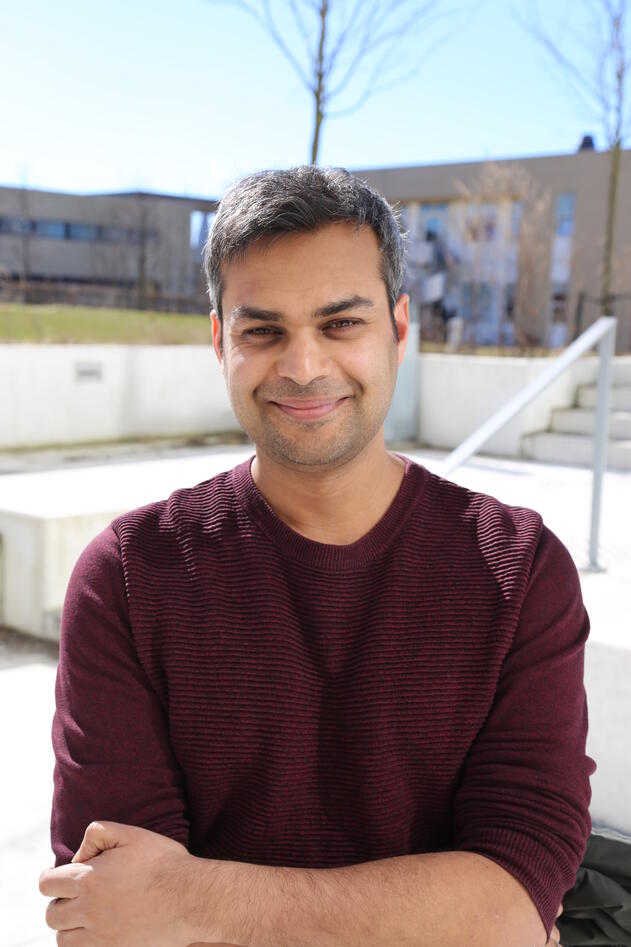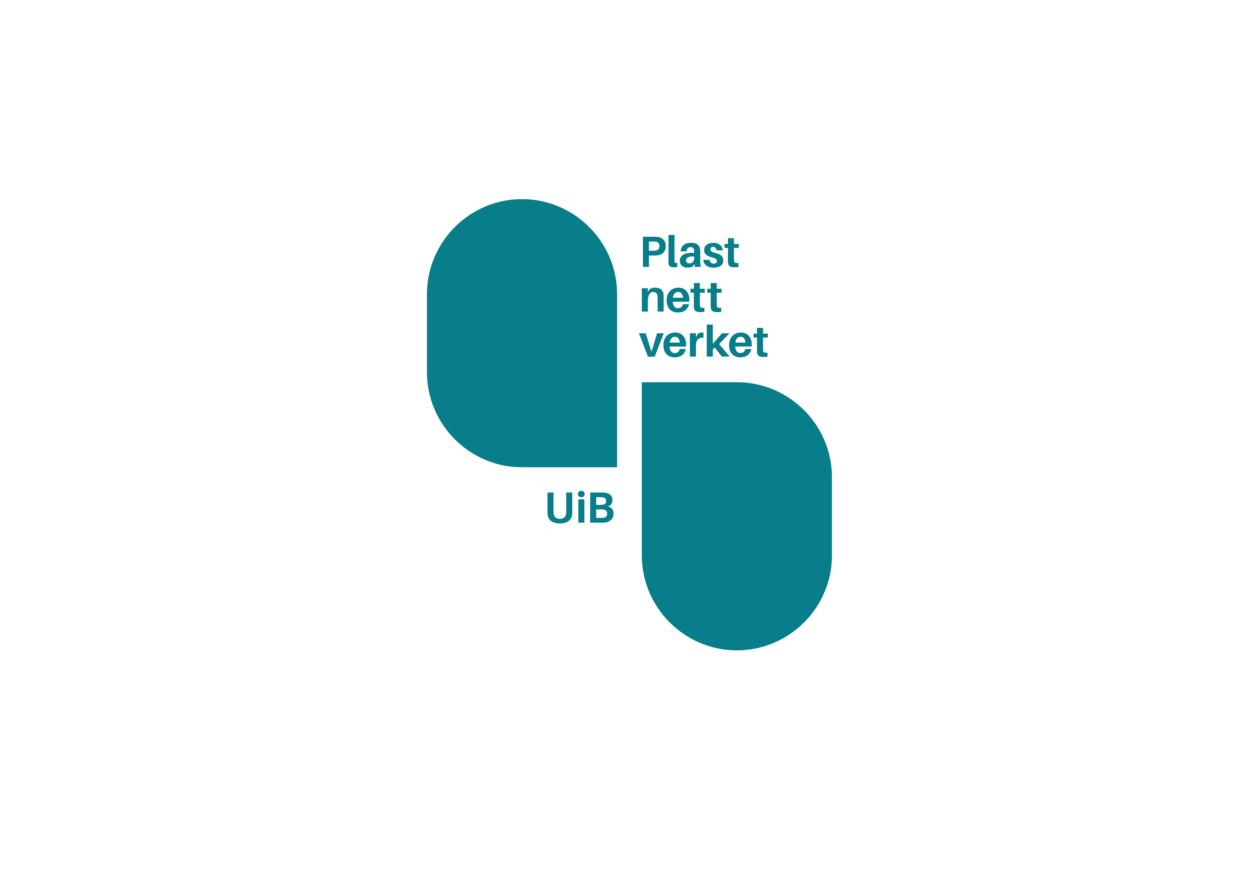Farhan R. Khan: Environmental presence and toxicological effects of microplastic pollution: Recognising and filling knowledge gaps
Velkommen til lunsjseminar i regi av Plastnettverket ved UiB!
Hovedinnhold
Plastnettverket ved UiB går i gang med en serie lunsjeminarer der forskere fra ulike disipliner presenterer fra plastrelatert forskning. Dette er en glimrende anledning til å lære av og interagere med forskere fra både eget, men også annet felt, og styrke nettverket ditt i plastforskning.
Dagens foredragsholder er seniorforsker Farhan Khan, NORCE:
Dr Khan is an ecotoxicologist and ecophysiologists whose broad aim is to understand the impact of pollutants in the aquatic environment. His research integrates both laboratory experiments and field-based monitoring. Specifically, he is interested in questions concerning the environmental chemistry and fate of pollutants, their interactions with biota and accumulation processes, and their potential to transfer through food webs. Over the last few years his primary focus has been the presence and effects of plastic pollution, encompassing macroplastic debris, microplastics, nanoplastics and tire wear particles, as sole pollutants and in combination with other chemical entities.
During an international scientific career, Dr Khan has held positions in the UK, Canada, and in Scandinavia – as an Associate Professor at Roskilde University (Denmark) prior to relocating to NORCE in Bergen. His research on the pervasive nature of plastic pollution has also extended to parts of South America, the Middle East, and North and East Africa. The African research received much attention featuring in the documentary ‘The Plastic Nile’ (2020, Sky News International). Dr Khan has been part of expert committee groups for the ‘Presence of Microplastics in Seafood’ (UN Food and Agriculture Organization) and ‘Tyre and Road Wear Particles’ (OECD).
Abstract:
Plastic and microplastic pollution are a muti-faceted environmental crisis as evidenced by the ongoing negotiations of a Global Plastics Agreement. The research area is expanding with more questions being posed as we find out more about the environmental presence, fate and effect of plastics. Novel polymer particles including bioplastics, tire wear particles, nanoplastics, paint fragments, cigarette butts have come more into focus. Plastics have added to them 1000s of chemicals at the manufacturing stage and then once released may sorb many other chemical groups (metals, pharmaceuticals, organic pollutants). The timeliness of global action and the complexity of plastics as a pollutant makes this research topic one of the most important and fast moving of our time.
My research looks at many aspects of microplastic/plastic pollution from the environmental presence, toxicological and physiological effects on aquatic species, regulatory perspectives and societal impacts including citizen science projects. Over the last decade, a key ambition of my research focus has been to fill knowledge gaps, for instance, by looking for plastics in otherwise unsampled locations (e.g., Africa Great Lakes, River Nile), novel investigations into the microplastic vector-effect, or the impact of new particles. In addition to discussing these highlights, in this talk, I will muse on the upcoming knowledge gaps for plastic research.

